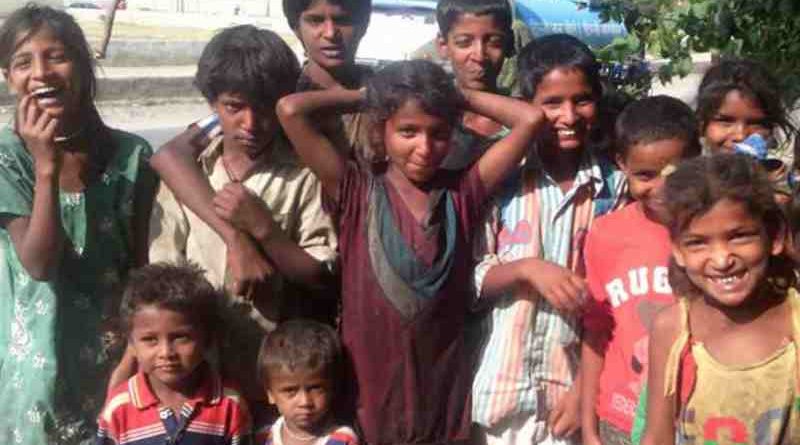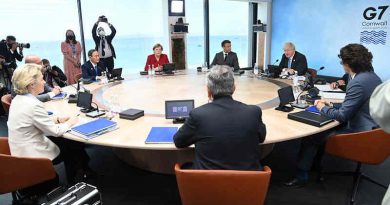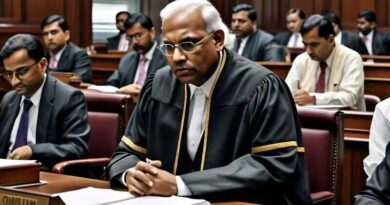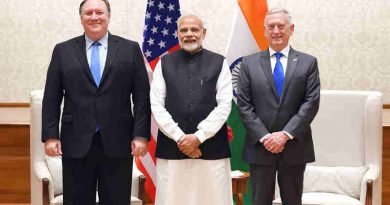GDP Must Not be Used to Measure Economic Development: UN Expert
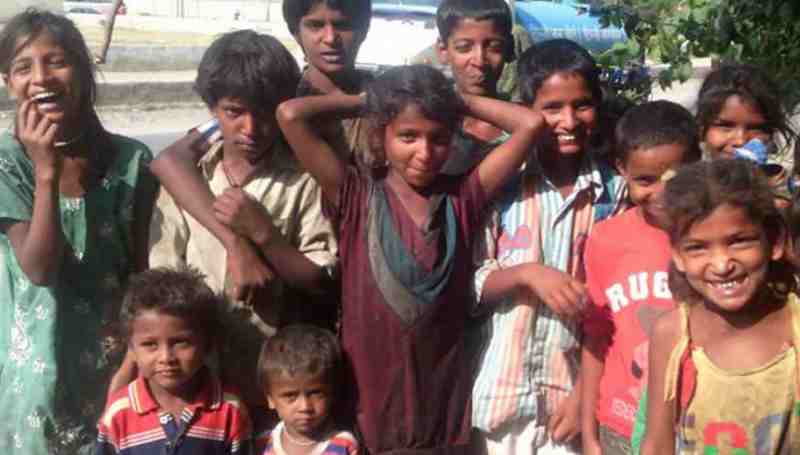
GDP Must Not be Used to Measure Economic Development: UN Expert
De Schutter’s report exposes how economic growth in the Global South has failed to lift millions out of poverty.
The widely held belief that increasing economic growth will solve global poverty is wrong and leading the world down a dangerous path, the UN’s independent expert on poverty* warned on July 2.
“For decades we have been following the same, tired recipe: grow the economy first, then use the wealth to combat poverty. This has served up an unpalatable dish: a world on the brink of climate collapse in which a tiny elite possesses an outrageous fortune while hundreds of millions of people wake up every day to the horrors of extreme poverty,” said Olivier De Schutter, UN Special Rapporteur on extreme poverty and human rights.
In a report to the UN Human Rights Council, De Schutter documents the environmental destruction and extreme inequality caused by mainstream political and economic thinking. He urges governments and international organizations to change course, abandoning the use of gross domestic product (GDP) as a measure of progress and instead prioritizing human rights and well-being in their economic decisions.
“Our fixation with ‘growthism’ is short-sighted and is only making the rich richer while devastating the world’s life support systems,” said De Schutter.
“GDP and our addiction to consumerism have become dangerous distractions from what is actually important: people’s ability to lead a decent life on a liveable planet. That means guaranteeing a set of fundamental rights to all, including access to social services and the right to a clean, healthy and sustainable environment.”
De Schutter’s report exposes how economic growth in the Global South has failed to lift millions out of poverty. In a world shaped by colonialism, wealth creation in low-income countries relies heavily on exploiting a cheap workforce and extracting natural resources, often to produce goods for the Global North and to pay back foreign debt.
“Even in low-income countries where growth is still necessary and should be supported, development should not be equated with an increase in GDP, but by increased social and ecological wellbeing,” said the Special Rapporteur.
The report calls for an urgent rethink in the fight against poverty, advocating for a rapid shift to a human rights-based economy that directs resources towards public services and social protection. It calls for debt restructuring and forgiveness, for the financing of universal public services through progressive taxation on inheritance, wealth and carbon, and for stronger international cooperation on tax evasion.
“Our blind faith in economic growth is a straitjacket on our imagination and the fight against poverty has suffered heavily as a result,” said De Schutter.
“Yet there are concrete steps that can be taken now that will get us back on track. Rejecting GDP as an indicator of progress, guaranteeing government-backed jobs, better valuing unpaid domestic and care work, setting minimum wages, capping wealth generated from destructive industries – these are the policies that can truly deliver for the planet and its people.”
* Mr Olivier De Schutter has been the Special Rapporteur on extreme poverty and human rights since May 2020. He was appointed by the UN Human Rights Council and is part of the Special Procedures, the general name of the Council’s independent fact-finding and monitoring mechanisms.
Courtesy: UN Human Rights Office

